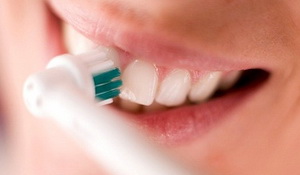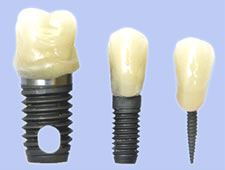Illness during a flight may lead to an unscheduled landing. This is expensive for the airline and extremely inconvenient for other passengers. There are relatively few situations where travel by flight is not allowed, and having a tooth abscess is one of them. Although the pain might not be so severe to the stage where the aircraft would have to do a force landing, however, different people have different level for tolerance of pain. So it is generally unwise to deliberately fly with a known tooth abscess in the mouth.
Most people are aware that the air gets thinner, providing less oxygen the higher you go. To help deal with this, commercial aircraft are pressurised to the equivalent of an altitude of 1500-2000m. This still results in a relatively small fall in oxygen saturation of the order of 3-5%, which may be significant for travellers whose oxygenation is already compromised by severe cardiac/respiratory disease. In practical terms, people with severe heart or lung disease who can walk 50m on level ground or ascend a flight of 12 domestic stairs are probably fit to fly. Continue reading





